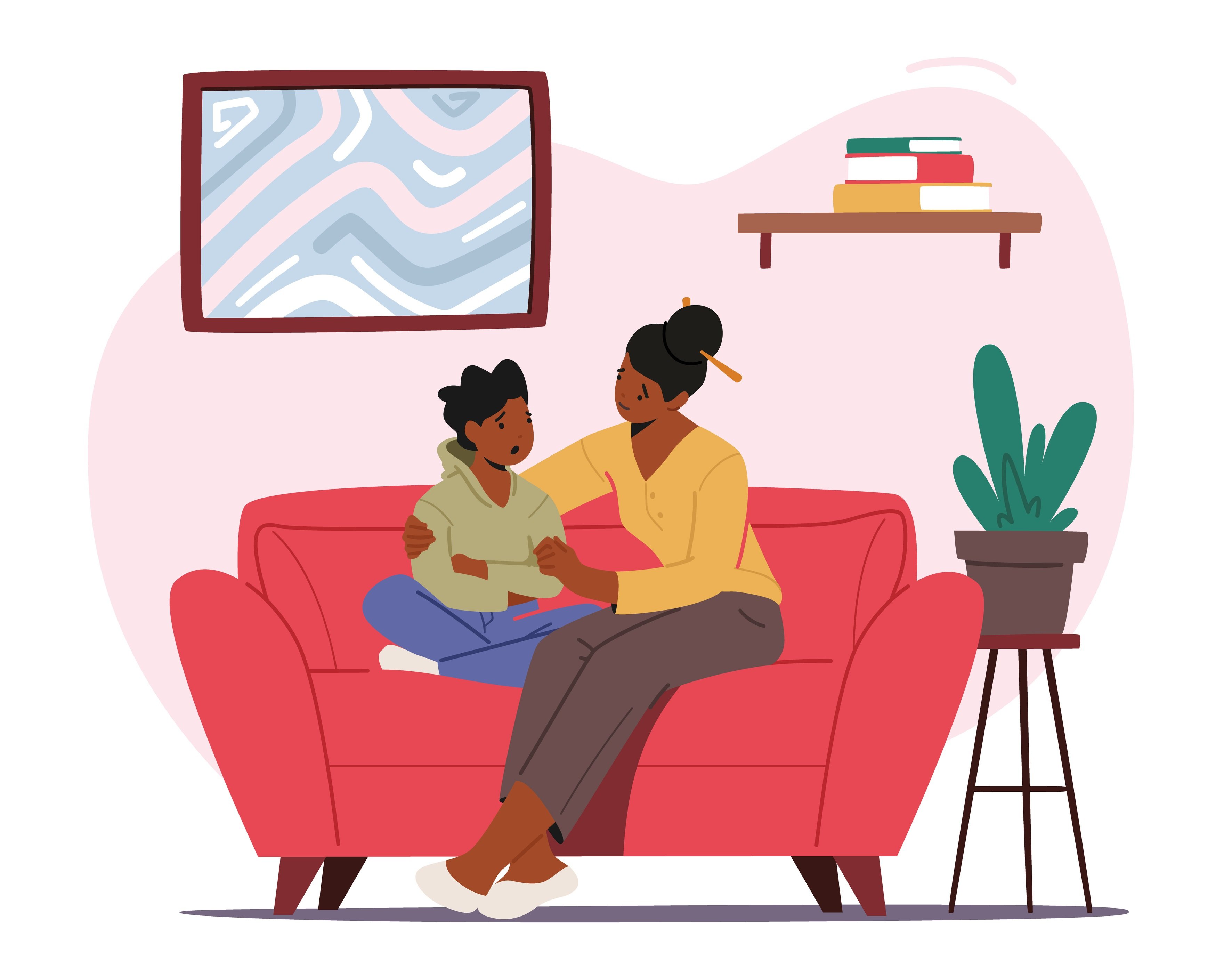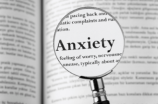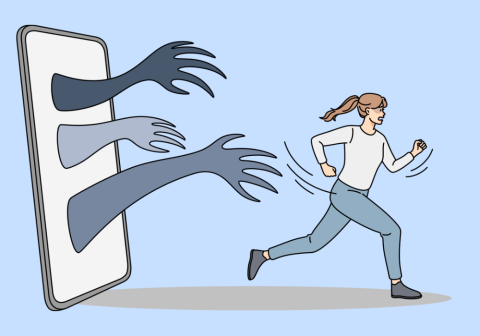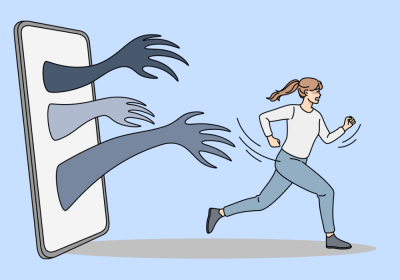Talking to Children and Teens After a School Shooting
Talking to Children and Teens After a School Shooting

I cannot put into words how disappointed I am that I am updating my 2018 blog written in the aftermath of a mass shooting. I hope that our communities can unite to bring about effective change to stop these senseless and avoidable incidents. With the deluge of information on these events, it is highly likely that your children, preteens, and teens have heard a lot about these shootings and may have even seen some of the highly graphic video coverage of them and the aftermath. The key message for parents to convey after exposure to any type of trauma or violence is to ensure that your child feels safe and loved.
Give them an open invitation to talk with you about these incidents. If your child has seen coverage of such an event, make sure you talk with them about what they think about it and how they think it impacts their life and the world around them. Such discussion should fit the developmental level of the child using the child’s words and understanding as much as possible.
Make sure the child has a chance to feel the strong emotions that may come up in response this shooting. Let them know that most people are upset by this type of event and feeling angry and scare and sad is normal when a shooting occurs.
Normalize the reactions the child may be having. Provide direction that in this case, viewing video coverage of what happened may not be helpful and that they should talk with you if they see something disturbing online.
Let them know that the feelings they may have will most likely reduce over time but if they are not getting better with time there are good resources for people who can help. Effective treatment is available.
As much as parents can provide a clear sense of safety for their children this will help to reduce the impact of the event. Consider talking about what they think happened, how they feel about what happened, and what they think needs to happen now to prevent this from happening again including whether they may want to be involved in social and political action.





















